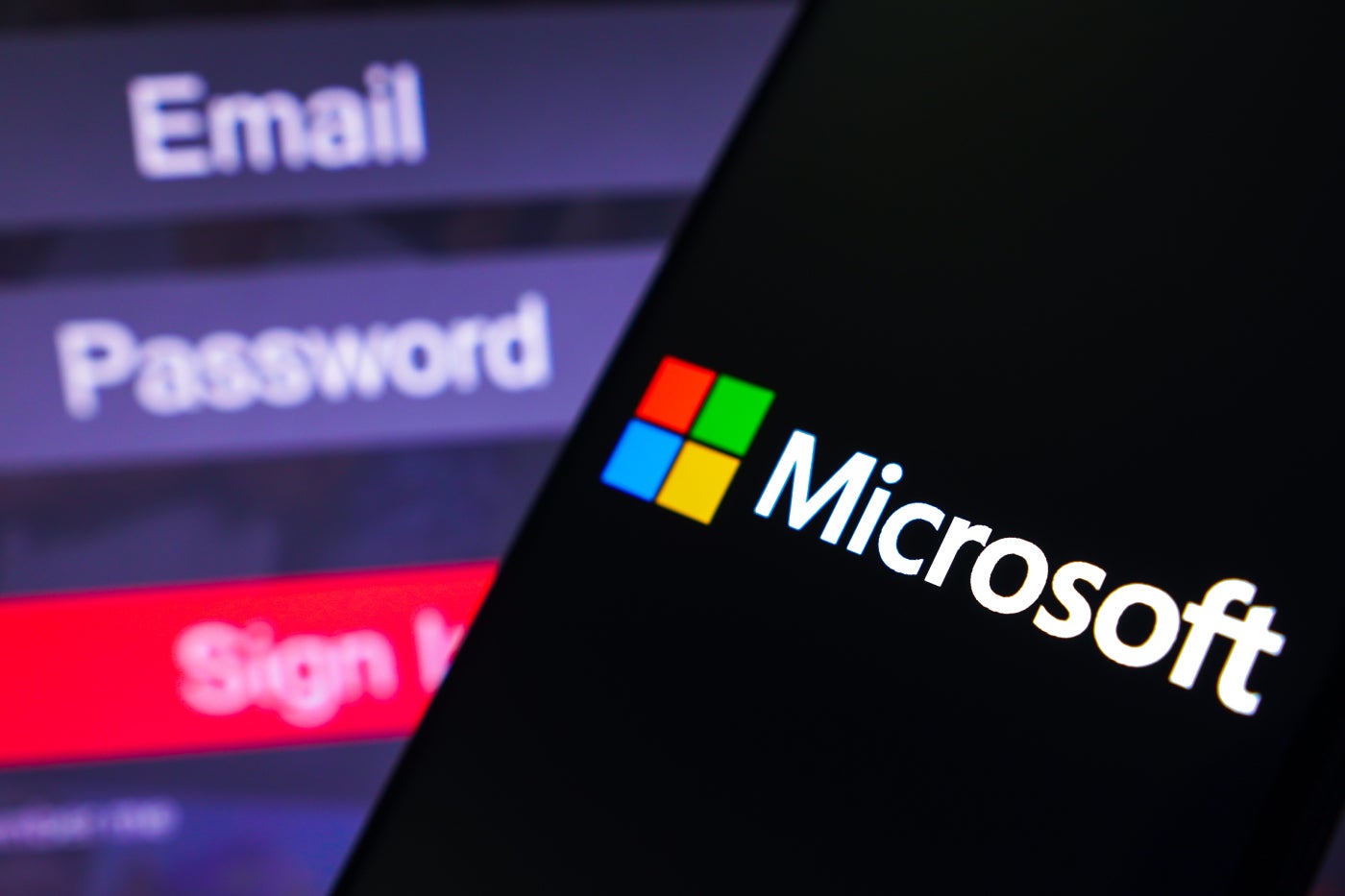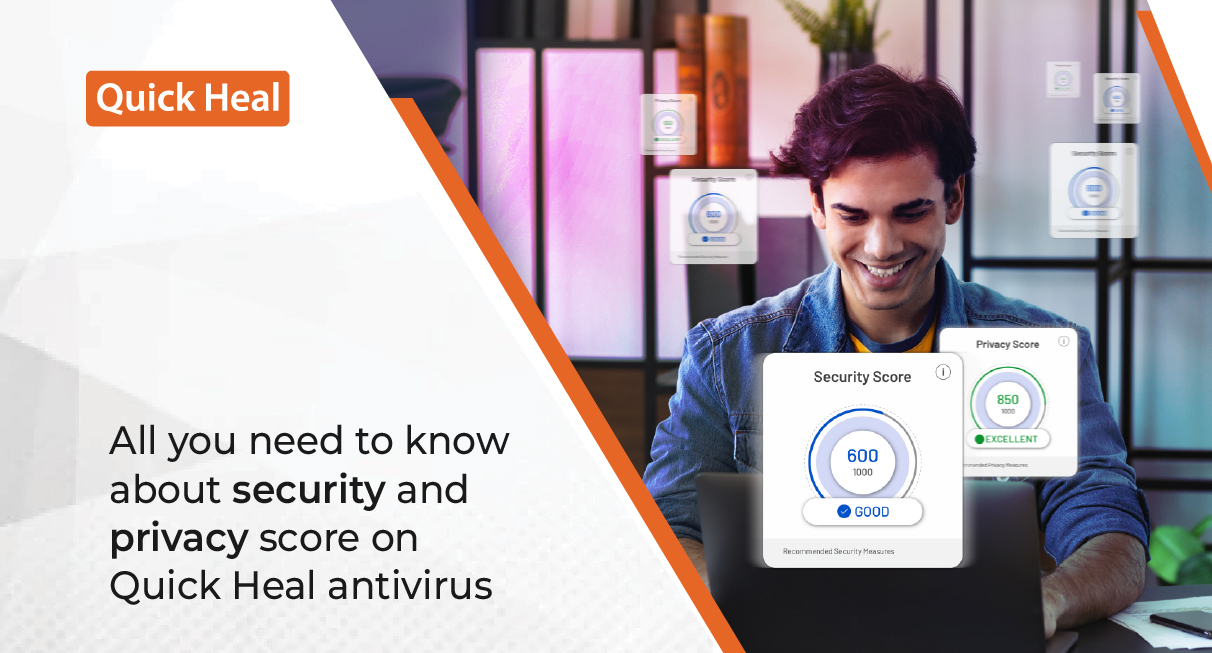
Income-seekers
will
download
the
software
to
share
their
bandwidth
and
make
money,
but
the
companies
sell
the
bandwidth
to
customers
who
want
residential
proxy
services.
The
company
websites
list
a
few
reasons
that
someone
may
need
proxy
services:
demographic
research,
bypassing
geographic
restrictions
for
gaming
and
bargain
hunting,
or
privacy
reasons,
to
name
a
few.
These
companies
can
be
found
easily.
A
simple
search
for
“passive
income
unused
bandwidth”
on
Google
immediately
yields
names
such
as
IPRoyal
Pawns,
Honeygain,
PacketStream,
Peer2Profit,
EarnApp,
and
Traffmonetizer.
Some
people
on
internet
forums
and
discussion
boards
even
suggest
installing
multiple
applications
at
the
same
time
to
make
more
money,
or
run
multiple
VMs
to
increase
the
potential
profits.
Shared
bandwidth
may
not
even
earn
the
biggest
cut
of
passive
income
that
average
users
are
making.
According
to
a
dashboard
shared
by
a
blogger,
referrals
make
an
even
bigger
portion
(more
than
50%
in
this
chart)
of
the
blogger’s
income.
Even
with
the
prominent
figures
shown
on
the
chart,
however,
the
blogger
claimed
he
made
around
US$20
per
month.
But
users
are
not
guaranteed
to
receive
even
this
low
level
of
revenue
on
a
regular
basis,
or
at
all.
And,
in
exchange
for
this
uncertain
income,
users
are
being
asked
to
regularly
accept
unknown
levels
of
risk.
What
really
happens?
These
“network
bandwidth
sharing”
services
claim
that
the
users’
internet
connection
will
mainly
be
used
for
marketing
research
or
other
similar
activities.
Therefore,
people
who
share
their
internet
connection
are
making
money
online
while
also
helping
the
“industry”.
But
is
this
true?
To
examine
and
understand
the
kind
of
risks
a
potential
user
might
be
exposed
to
by
joining
such
programs,
we
recorded
and
analyzed
network
traffic
from
a
large
number
of
exit
nodes
of
several
different
network
bandwidth
sharing
services
(exit
nodes
are
computers
who
had
these
network
bandwidth
sharing
services
installed).
From
January
to
September
2022,
we
recorded
traffic
coming
from
exit
nodes
of
some
of
these
passive
income
companies
and
examined
the
nature
of
the
traffic
being
funneled
through
the
exit
nodes.
First
of
all,
our
observation
confirmed
that
traffic
from
other
app
partners
are
funneled
to
our
exit
node
and
most
of
it
is
legitimate.
We
saw
normal
traffic,
such
as
browsing
news
websites,
listening
to
news
streams,
or
even
browsing
online
shopping
websites.
However,
we
also
identified
some
questionable
connections.
These
connections
demonstrated
that
some
users
were
performing
activities
that
are
suspicious
or
possibly
illegal
in
some
countries.
A
summary
of
suspicious
activities
is
given
in
the
following
table.
We
organized
these
activities
by
similarity
and
noted
the
proxy
networks
where
we
have
observed
these
activities.
|
Suspicious activity |
Traffic from Proxyware Applications |
|
Access to 3rd-party SMS and SMS PVA services |
Honeygain, PacketStream |
|
Accessing potential click-fraud or silent advertisement sites |
Honeygain |
|
SQL injection probing |
Honeygain, PacketStream, IPRoyal Pawns |
|
Attempts to access /etc/passwd and other security scans |
Honeygain, PacketStream |
|
Crawling government websites |
Honeygain |
|
Crawling of personally identifiable information (including national IDs and SSN) |
IPRoyal Pawns |
|
Bulk registration of social media accounts |
IPRoyal Pawns |
In
most
cases,
the
application
publishers
probably
would
not
be
legally
responsible
for
suspicious
or
malicious
activities
by
the
third-parties
who
use
their
proxy
services.
However,
those
who
installed
the
“network
bandwidth
sharing”
applications
have
no
means
of
controlling
or even
monitoring
what
kind
of
traffic
goes
via
their
exit
node.
Therefore,
these
network
sharing
apps
are
classified
as
riskware
applications
that
we
call
proxyware.
Suspicious
activities
from
proxyware
The
table
above
outlines
the
malicious
and
suspicious
activity
we
observed,
and
we
go
into
further
detail
about
these
activities
in
this
section.
We
observed
multiple
instances
of
automated
access
to
third-party
SMS
PVA
providers.
What
are
SMS
PVA
services?
We
have
written
a
paper
about
SMS
PVA
services
and
how
they
are
often
being
(mis)used.
In
a
nutshell,
these
services
are
often
used
for
bulk
registration
of
accounts
in
online
services.
Why
do
people
often
use
them
in
combination
with
proxies?
Those
accounts
are
often
bound
to
a
particular
geographical
location
or
a
region,
and
the
location
or
a
region
has
to
match
the
phone
number
that
is
being
used
in
the
registration
process.
Thus,
the
users
of
SMS
PVA
services
want
their
exit
IP
address
to
match
the
locality
of
the
number,
and
sometimes
use
a
specific
service
(in
case
a
service
is
only
accessible
in
a
particular
region).
These
bulk
registered
accounts
(aided
by
residential
proxies
and
SMS
PVA
services)
are
often
then
used
in
a
variety
of
dubious
operations:
social
engineering
and
scams
against
individual
users,
and
abuse
of
sign-up
and
promotion
campaigns
of
various
online
businesses
that
could
result
in
thousands
of
dollars
in
monetary
loss.
Potential
click
fraud
was
another
type
of
activity
that
we
observed
coming
from
these
networks.
Doing
click-fraud
or
silent
ad
sites
means
that
the
computers
with
“passive
income”
software
are
used
as
exit
nodes
to
“click”
on
advertisements
in
the
background.
Advertisers
have
to
pay
for
ineffective
clicks
(no
one
really
saw
the
ads)
and
the
network
traffic
looks
almost
identical
to
a
normal
user
clicking
on
the
ads
at
home.
SQL
injection
is
a
common
security
scan
that
attempts
to
exploit
user
input
validation
vulnerabilities
in
order
to
dump,
delete,
or
modify
the
content
of
a
database.
There
are
a
number
of
tools
that
automate
this
task.
However,
doing
security
scanning
without
proper
authorization
and
doing
SQL
injection
scans
without
a
written
permission
from
the
website
owner
is
criminal
activity
in
many
countries
and
may
result
in
prosecution.
We
have
observed
a
number
of
attempts
to
probe
for
SQL
injection
vulnerabilities
from
many
“passive
income”
software.
This
kind
of
traffic
is
risky
and
users
who
share
their
connections
could
potentially
be
involved
in
legal
investigations.
Another
similar
set
of
activities
with
similar
risks
that
we
observed
is
scans
from
tools.
These
scans
attempt
to
access
the
/etc/passwd
file
by
trying
to
exploit
various
vulnerabilities
—
when
successful,
this
signifies
that
a
system
is
vulnerable
to
arbitrary
file
exposure
and
allows
an
attacker
to
obtain
the
password
file
on
a
server.
Hackers
use
such
software
vulnerabilities
to
retrieve
arbitrary
files
from
vulnerable
websites.
Needless
to
say,
it
is
illegal
to
conduct
such
activities
without
written
permission
from
the
server’s
owner.
Crawling
government
websites
might
not
be
illegal
at
all.
There
usually
are
terms
of
fair
use
requiring
that
users
not
place
too
many
queries
at
the
same
time.
Many
websites
use
technical
means
to
prevent
heavy
crawling
by
using
captcha
services.
We
have
observed
the
use
of
automated
tools
that
use
anti-captcha
tools
to
bypass
these
restrictions
while
trying
to
access
government
websites.
We
have
also
seen
crawlers
that
scrape
for
legal
documents
from
law
firms
and
court
websites.
Crawling
of
personal
identifiable
information
(PII)
might
not
be
illegal
in
all
countries,
but
this
activity
is
questionable
because
we
do
not
know
how
such
information
may
be
later
misused.
In
our
study,
we
have
seen
a
suspicious
crawler
downloading
information
of
Brazilian
citizens
in
bulk.
Such
information
included
names,
dates
of
birth,
gender
and
CPF
(equivalent
to
national
SSN).
Obviously,
if
such
activity
is
investigated,
the
“passive
income”
software
users
would
be
the
first
point
of
contact,
as
it
would
be
their
IP
address
that
got
logged
on
those
websites.
People
who
register
a
lot
of
social
media
accounts
can
use
it
for
multiple
purposes,
such
as
online
spam,
scam
campaigns,
and
bots
that
spread
misinformation
and
promote
fake
news.
Such
accounts
are
also
often
used
to
give
fake
reviews
of
goods
and
services.
In
the
collected
traffic,
we
have
seen
the
registration
of
TikTok
accounts
with
unconventional
email
addresses.
Even
though
it
is
not
illegal
per
se,
users
who
have
installed
“passive
income”
software
might
be
asked
to
prove
who
they
are
or
to
get
through
more
“validate
you
are
a
human”
tests
in
their
normal
browsing
activity.
This
is
because
there
are
too
many
registered
accounts
from
their
home
IP
and
they
can
be
misidentified
as
being
affiliated
with
those
campaigns.
If
you
think
these
examples
are
farfetched,
there
is
a
case
in
2017
when
a
Russian
citizen
was
arrested
and
accused
of
terrorism.
This
person
was
running
a
Tor
exit
node
and
someone
used
this
to
post
pro-violence
messages
during
anti-government
protests.
Proxyware
is
similar
to
a
Tor
exit
node
because
both
funnel
traffic
from
one
user
to
another.
This
example
specifically
shows
how
much
trouble
you
can
get
yourself
into
if
you
don’t
know
what
the
people
using
your
computer
as
an
exit
node
are
doing.
Other
variants
of
proxyware
run
without
user
consent
During
our
research,
we
also
identified
a
group
of
unwanted
applications
that
are
distributed
as
free
software
tools.
However,
it
appears
to
us
that
these
applications
are
covertly
turning
the
user
machine
into
a
proxy
node.
These
applications
appear
to
install
Proxyware
functionality
on
devices,
like
Globalhop
SDK,
without
clearly
notifying
users
that
their
devices
will
be
used
as
passive
exit
nodes.
Some
end-user
license
agreement
(EULA)
documents
may
explicitly
mention
the
inclusion
of
Globalhop
SDK
or
the
exit
node
functionality
of
the
apps,
while
others
do
not.
But,
in
our
opinion,
including
notification
only
in
the
EULA—a
document
that
few
users
ever
read—doesn’t
provide
fair
notice
to
users
that
installing
the
app
will
result
in
unknown
third
parties
using
their
devices
as
an
exit
node.
In
either
case,
such
software
still
brings
risks
to
their
users,
and
the
“passive
income”
is
only
paid
to
the
app
developers.
The
software
users
may
only
enjoy
the
free
software
itself
without
the
“passive
income.”
Examples
of
such
software
include:
-
Walliant,
an
automated
wallpaper
changer -
Decacopy
Clipboard
Manager,
a
program
designed
to
store
users’
recent
copy-pasted
content -
EasyAsVPN,
unwanted
software
often
installed
by
tricking
users -
Taskbar
System,
an
app
that
changes
the
color
of
your
taskbar -
Relevant
Knowledge,
an
adware -
RestMinder,
a
clock
software
that
reminds
users
to
take
a
rest -
Viewndow,
software
that
keeps
selected
app
window
pinned -
Saferternet,
DNS
based
web-filtering
software
The
network
traffic
produced
from
these
proxy
networks
is
similar
to
the
traffic
produced
by
“passive
income”
software,
as
both
types
of
software
serve
as
exit
nodes
for
their
providers.
We
have
observed
the
following
malicious
/
debatable
activities.
|
Malicious / Debatable Activity |
Traffic from “Passive Income” Applications |
|
Registering “NFT lucky draw” |
Walliant, Decacopy Clipboard Manager, Taskbar System |
|
SQL injection and scans |
EasyAsVPN, Decacopy Clipboard Manager, Walliant |
|
Crawling government websites |
Walliant, Restminder, Taskbar System, Decacopy Clipboard Manager, Relevant Knowledge |
The
IOC
and
traffic
patterns
are
listed
in
the
appendix.
Conclusion
In
this
article,
we
have
described
how
popular
“passive
income”
software
advertised
as
“network
bandwidth
sharing”
uses
the
residential
IP
of
their
install
base
as
exit
nodes,
and
the
risks
that
the
malicious
and
dubious
network
traffic
might
bring
to
the
users.
By
allowing
anonymous
persons
to
use
your
computer
as
an
exit
node,
you
bear
the
brunt
of
the
risk
if
they
perform
illegal,
abusive,
or
attack
related
actions.
This
is
why
we
don’t
recommend
participating
in
such
schemes.
“Passive
income”
providers
might
have
ethical
policies
in
place,
but
we
have
seen
no
evidence
of
these
providers
policing
the
traffic
being
routed
into
the
exit
nodes.
If
they
do,
then
the
very
obvious
SQL
injection
traffic
we’ve
seen
should
have
been
filtered
out.
If
these
providers
wish
to
improve
their
policies,
we
suggest
that
they
be
more
upfront
and
make
it
clear
to
the
software
users
that
they
do
not
control
what
their
customers
do
(and
therefore
do
not
have
full
visibility
over
the
traffic
to
the
exit
node).
There
are
measures
to
ensure
attacks
and
abuse
are
limited
—
such
as
strict
implementation
of
traffic
scanning,
testing
of
certificates,
and
other
techniques
—
but
enforcement
of
these
policies
is
key.
Some
of
the
app
publishers
that
we’ve
contacted
about
these
concerns
have
responded
that
they
protect
their
users
through
their
know-your-customer
(KYC)
practices
for
their
app
partners.
This
offers
some
protection
against
misuse
of
devices
employed
as
exit
nodes,
however,
there
are
still
reasons
to
be
concerned.
These
policies
can
be
falsified,
or
customers
can
find
ways
to
circumvent
them.
All
in
all,
potential
users
of
these
apps,
especially
with
the
current
implementation
of
proxyware
services,
need
to
be
aware
that
they
are
exposing
themselves
to
unknown
levels
of
risk
in
exchange
for
an
uncertain
and
likely
unstable
amount
of
potential
“passive
income”.
Here
are
some
security
measures
for
protection
against
the
risks
listed
above:
-
Understand
the
risks
of
“passive
income”
software
and
consider
removing
them
from
laptop,
desktop,
and
mobile
devices. -
Company
IT
staff
are
suggested
to
inspect
and
remove
“passive
income”
software
from
company
computers. -
Install
Trend
Micro
protection
suites,
as
Trend
Micro
has
listed
the
applications
listed
in
this
article
as
Riskware.
These
products
also
stop
the
“passive
income”
apps
from
downloading
malicious
applications.
For
people
who
want
to
learn
more
about
“passive
income”
apps
or
proxyware,
we
recommend
this
article
from
CISCO
Talos
and
Resident
Evil:
Understanding
Residential
IP
Proxy
as
a
Dark
Service.
Appendix
Traffic
patterns
of
malicious/suspicious
activities
The
following
table
shows
some
of
the
traffic
patterns
of
malicious/suspicious
activities
forwarded
by
the
“passive
income”
applications
that
we
have
observed.
SOC
staff
may
want
to
add
the
patterns
to
their
watchlist.
(dddd
denotes
to
anonymized
digits,
xxxx
to
anonymized
strings.)
| Activity |
Traffic Patterns |
|
SQL injection |
domain/component/fireboard/?%3C%21func=view%20%20UNION%20ALL%20SELECT%20NULL%2D%2D%20%2D&catid=d&id=ddddd&start=ddd
/?action=/etc/passwd&board=/etc/passwd&cat=/etc/passwd&conf=/etc/passwd&content=/etc/passwd&date=/etc/passwd&detail=/etc/passwd&dir=/etc/passwd&doc=/etc/passwd&document=/etc/passwd&download=/etc/passwd… |
|
/etc/passwd hack |
… FROM%20information_schema.tables%20WHERE%202%3E1–/**/;%20EXEC%20xp_cmdshell(%27cat%20../../../etc/passwd%27)%23… |
|
Bulk register social media accounts |
tiktokv.com/passport/email/register/v6/?aid=ddddd&email=…@gmail.com&password=…&rre=1&rrv=1&as=a1iosdfgh&cp=androide1 |
IOC
of
“Passive
Income”
applications
The
following
IOCs
have
been
listed
by
Trend
Micro
solutions
as
“probably
unwanted
applications”
(PUA).
Since
there
are
more
than
842
IOCs,
we
are
only
listing
the
most
frequent
ones
here.








